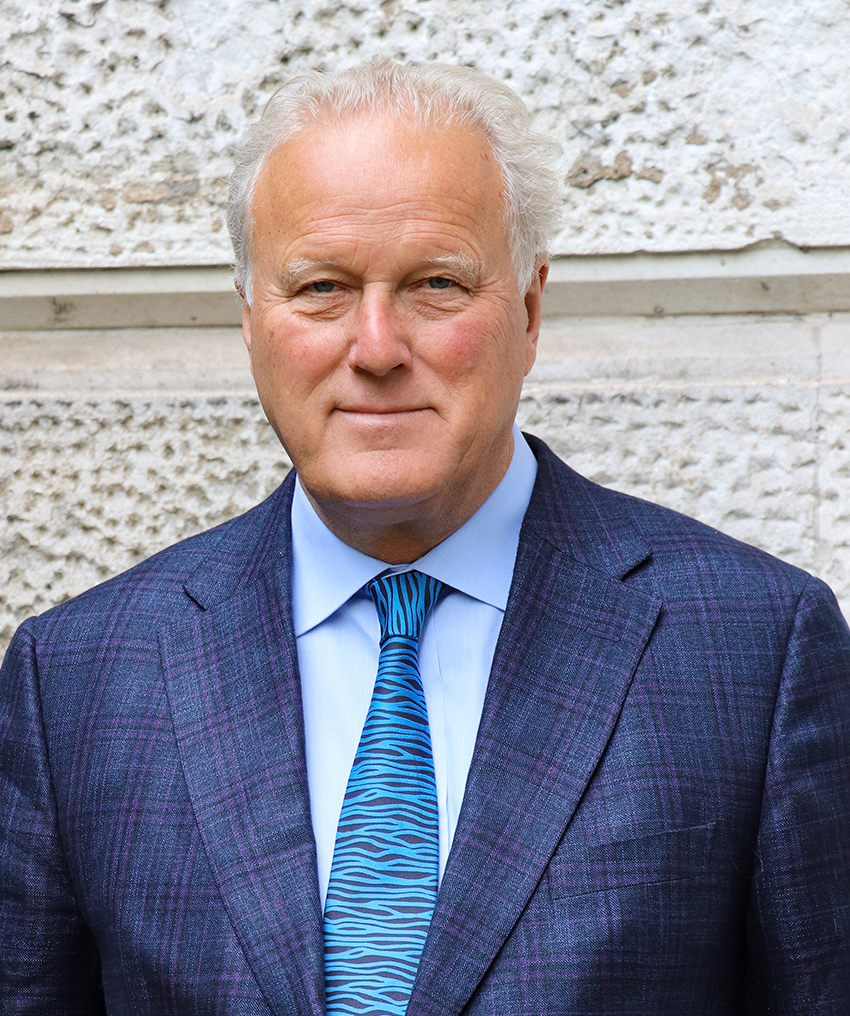We may sit on opposite benches of the House of Lords, but we are united in our belief that the Commonwealth offers Britain an unrivalled platform for trade and international influence – and that successive British governments have historically failed to grasp this crucial opportunity.
The UK’s quest to enter the EU also played its part, followed by decades when regional trade and European integration were viewed the geopolitical priority.
EU and Commonwealth membership were never mutually exclusive. But now outside the former, the UK has little excuse for not reinvigorating the latter.
Today the Commonwealth contains many of the world’s fastest growing economies and increasingly influential nations. It is common-sense that Britain should focus on lowering barriers to trade within the group, working to build it into an active, collective force for good on the world stage.
As the UK searches for a post-Brexit international role, a vehicle through which “Global Britain” can be more than a mantra is hiding in plain sight.
From freer trade to smarter aid, and from geopolitical influence to a redoubt against rising authoritarianism, the Commonwealth is a group of like-minded nations through which the UK can maximise its stated foreign policy aims – growing democratic values, building liberal societies, and enhancing the power of multilateralism worldwide.
Here are three steps the UK can take to reboot the Commonwealth.
Firstly, Britain could convene a special conference aimed at lowering trade barriers between members. Already the “Commonwealth Advantage” of similar language, laws, and legal systems makes trade between members 21 percent cheaper on average.
It is the reason they trade 20 percent more with one another than the rest of the world. The current UK Government has taken a positive first step through the launch of the Developing Countries Trading Scheme, which lowered British tariffs for 18 Commonwealth countries.
Yet the Government should advocate not only for better bilateral terms, but the lowering of every negotiable barrier to intra-Commonwealth trade.
Secondly, the UK could encourage and empower as many Commonwealth countries as possible to act in concert as a group at international forums from the United Nations to the World Trade Organization. This could include anything from wielding influence as a common voting bloc to merely stating public positions on issues of common interest.
If this seems far-fetched, foreign policy experts need look no further than the Non-Aligned Movement – a Cold War relic of an organisation that seeks to hold together 120 countries that did not want to be labelled West or East.
Yet in 2023, NAM is still agreeing voting lines for its members at the United Nations every week, leading foreign policy observers to admit “There’s life in the Non-Aligned Movement yet”. When the Commonwealth’s 56 members have so much more in common, their lack of closer geopolitical cooperation is inexcusable.
Across Africa and Asia, vulnerable countries are becoming indebted to those who do not care for democracy or good governance. The Commonwealth’s leading economies – the UK, India, Canada, South Africa, and Australia – could be a counterweight if they act in tandem on trade, aid, and investment.
But for any of this to happen, Britain must drive it forward.
No other country is going to reboot this underused but precious club. Whitehall needs to see the Commonwealth as others do already: not as an organisation of the past, but as the great opportunity of the present.
Originally published in the Daily Express.



